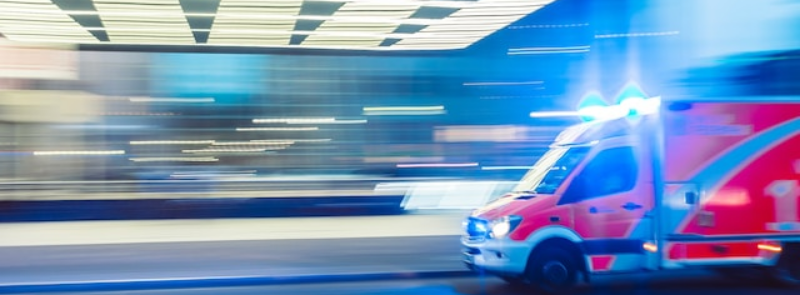
When It Occurs
Every September 11th
Timeline
Days Passed (895)
# Hashtags
#EmergencyNumberDay #911System
National Emergency Number Day prompts individuals to update their emergency contact numbers in their phones, emphasizing preparedness and swift response in critical situations.
Origins and History
The history of Emergency Number Day is closely tied to the development and implementation of the 911 emergency telephone number:
- Establishment of 911: The idea for a universal emergency number in the United States was proposed in the late 1950s and early 1960s to provide quick and easy access to emergency services. In 1968, the Federal Communications Commission (FCC) and AT&T announced that 911 would be the national emergency number.
- First 911 Call: The first-ever 911 call was made on February 16, 1968, in Haleyville, Alabama. This marked the beginning of the 911 service, which has since expanded nationwide.
- Proclamation: In 1987, President Ronald Reagan signed Proclamation 5672, designating September 11th as Emergency Number Day. The day was established to raise awareness about the importance of 911 and to honor the dedicated professionals involved in emergency response.
The Significance of 911
The 911 emergency number holds special significance for several reasons:
- Immediate Access: The 911 number provides immediate access to emergency services, including police, fire, and medical assistance. This quick response can save lives and prevent further harm in emergencies.
- Public Safety: The 911 system is a critical component of public safety infrastructure, ensuring that help is available to everyone, regardless of location.
- Community Trust: The effectiveness and reliability of the 911 system foster trust in public safety institutions, reassuring citizens that help is just a phone call away.
Ways to Observe Emergency Number Day
There are many meaningful ways to observe Emergency Number Day:
- Educate Yourself and Others: Learn about the history and importance of the 911 system. Share this knowledge with family, friends, and community members to raise awareness.
- Teach Children About 911: Educate children about how and when to use the 911 emergency number. Role-play different scenarios to ensure they understand the appropriate situations to call 911.
- Thank a Dispatcher: Show appreciation for the hardworking 911 dispatchers and emergency responders. Send thank-you notes, cards, or social media messages to your local emergency services.
- Visit a Dispatch Center: If possible, arrange a visit to a local 911 dispatch center. Many centers offer tours to educate the public about their operations and the role of dispatchers.
- Share on Social Media: Use social media to spread awareness about Emergency Number Day. Share facts, stories, and tips about the importance of 911 and emergency preparedness using the hashtag #EmergencyNumberDay.
- Emergency Preparedness: Review and update your family’s emergency plan. Ensure that everyone knows how to contact emergency services and what to do in different types of emergencies.
- Support Emergency Services: Consider donating to or volunteering with organizations that support emergency responders and public safety initiatives.
Fun Facts About 911
- Widespread Use: The 911 system is used by over 240 million people annually in the United States.
- Enhanced 911: Enhanced 911 (E911) systems allow dispatchers to automatically receive the caller’s location information, which can significantly improve response times.
- 911 for Non-Emergencies: Many areas also have non-emergency numbers (such as 311) for situations that do not require immediate response, helping to keep the 911 lines open for true emergencies.
Example of a Community Awareness Event
An example of a successful community awareness event for Emergency Number Day could include:
- Event Setup: Partner with local emergency services to set up booths and information stations in a community center or public park.
- Educational Sessions: Conduct educational sessions where emergency responders and dispatchers explain how the 911 system works and provide tips on when to call 911.
- Interactive Activities: Set up interactive activities such as role-playing scenarios, emergency preparedness drills, and demonstrations of emergency equipment.
- Thank-You Wall: Create a “Thank-You Wall” where community members can write messages of appreciation to their local emergency responders and dispatchers.
- Information Distribution: Distribute pamphlets, flyers, and other educational materials about the 911 system and emergency preparedness.
Conclusion
Emergency Number Day is a significant observance that highlights the vital role of the 911 emergency telephone number and the dedicated professionals who ensure public safety. Whether you’re educating others, thanking dispatchers, or participating in community events, this day is an opportunity to recognize and appreciate the essential services provided by the 911 system. On September 11th, take the time to understand the importance of 911 and contribute to raising awareness and preparedness in your community.


